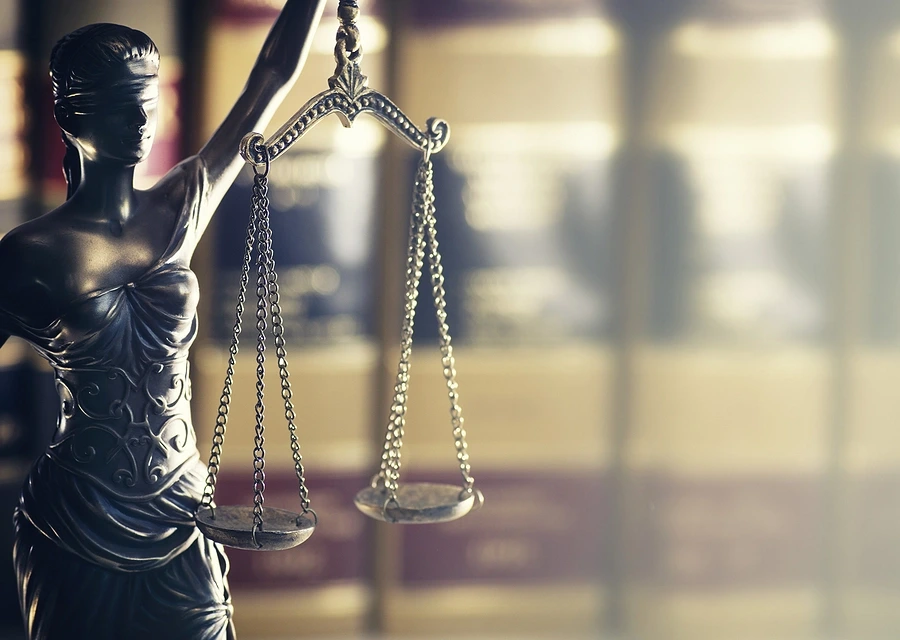The Impact of Social Media on Personal Injury Claims

In today’s digital world, social media plays a major role in how people share their daily lives. While posting online may seem harmless, it can have serious consequences for personal injury cases. Insurance companies and defense attorneys monitor social media activity, looking for any evidence that can weaken an injury claim. If you have been injured in an accident in Florida, it is important to understand how your online presence could impact your case.
Insurance Companies Look for Inconsistencies
After filing a personal injury claim, insurance companies will investigate to determine the validity of your injuries. They may browse your social media accounts to find posts, photos, or videos that contradict the severity of your condition. Even an innocent post about spending time with friends could be used against you. If you claim to have limited mobility but post a picture hiking or attending an event, insurers may argue that your injuries are not as serious as you reported.
Privacy Settings Do Not Guarantee Protection
Many people assume that setting their social media accounts to private will prevent outsiders from accessing their content. However, defense teams can still obtain information through legal means, such as subpoenas. Friends or followers may also share or comment on your posts, making them more accessible. The safest approach is to avoid posting anything related to your accident, injuries, or daily activities while your case is ongoing.
Posts from Friends and Family Can Also Harm Your Case
Even if you refrain from posting, your friends and family might unknowingly put your claim at risk. If someone tags you in a post or shares a picture of you appearing active, the insurance company could use it as evidence against you. It is a good idea to ask those close to you not to mention you in any social media activity until your case is resolved.
How Social Media Posts Can Be Misinterpreted
Context matters, but insurance companies often take social media content out of context to serve their interests. A simple smile in a photo could be twisted to suggest that you are not experiencing pain or emotional distress. Even check-ins at restaurants, parks, or events may be used to argue that you are leading a normal life despite your injury claim.
Deleting Posts May Do More Harm Than Good
Once you realize that your social media activity might affect your case, you may be tempted to delete certain posts. However, this can be considered destruction of evidence, which may lead to legal consequences. Courts may view this as an attempt to hide information, potentially damaging your credibility. Instead of deleting posts, refrain from posting anything new and consult your attorney about past content.
Steps to Protect Your Personal Injury Claim
Being mindful of your online presence can help protect your case. Here are a few steps to follow:
- Limit social media use. The less you post, the less risk you take. Consider staying off social media until your claim is resolved.
- Avoid discussing your case online. Do not post updates about your accident, injuries, or settlement discussions.
- Review privacy settings. While not foolproof, setting accounts to private may reduce exposure.
- Advise friends and family. Let them know not to tag you or post about your activities.
- Consult your attorney. If you are unsure about a post or message, speak with your lawyer before taking any action.
Conclusion
Social media can be a powerful tool, but it can also create unnecessary challenges for your personal injury claim. Insurance companies are looking for any reason to reduce or deny your compensation. Being cautious about your online activity and following the right steps can help you avoid mistakes that could hurt your case. If you have been injured in Florida, speak with a personal injury attorney to ensure you are protecting your rights both online and offline.

 Call Us Today - It's Free
Call Us Today - It's Free